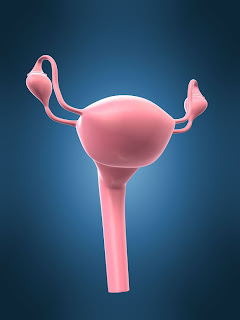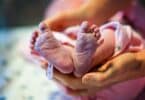 After having their wombs removed and then reconnected, four sheep have become pregnant.
After having their wombs removed and then reconnected, four sheep have become pregnant.
This is an important step towards womb transports being done in women.
Professor Mats Brannstrom and colleagues carried out an autologous transplant in the sheep – where the same womb is removed and reconnected.
There is still work to do before such transplants are safe as New Scientist reported that half the sheep in the study developed fatal complications.
Earlier this year a team in New York announced their intention to carry out the first womb transplant in the US using a donor organ from a woman who had died.
The procedure would potentially allow women who have had their wombs damaged or removed to develop a pregnancy and give birth.
A womb transplant has been tried once before, in Saudi Arabia in 2000, but then the womb came from a live donor, and was rejected after three months.
One of the difficulties of a successful transplant is the complexity of the blood vessels that need to be reattached.
Pregnancy would put even more strain on these connections, with very dangerous consequences if something was to go wrong.
When transferring a womb from one person to another, one of the biggest problems would be rejection, especially if that occurred during a pregnancy.
Peter Bowen-Simpkins, a spokesperson for the Royal College of Obstetrics and Gynaecology said it was very important that the proof of principle was tested in animals before being attempted in humans.
“They are going the right way about it, instead of racing off to do the work in humans.”
He added that transplant technology in humans had progressed tremendously and it had been shown that certain drugs used to prevent rejection in renal transplants did not harm a baby during pregnancy.
In 10 years a womb transport will become a normal procedure. This is good news for women who have been born without a uterus, those with abnormal tissue growth called endometriosis, and women who lost a womb to non-cancerous tumors called fibroids.






